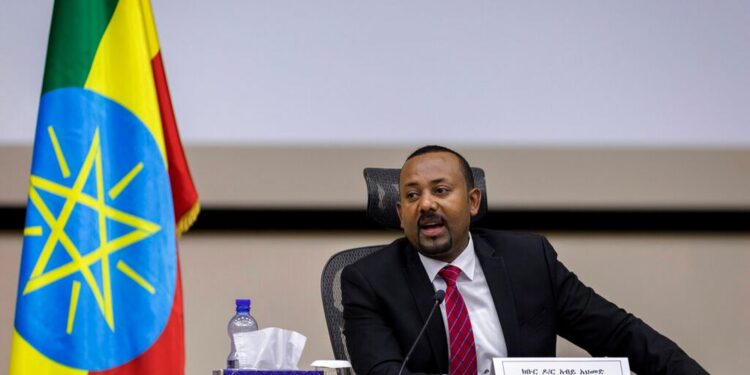The Ethiopian government is looking to raise USD 12 billion in financing to implement its new three-year economic reform plan, according to Teklewold Atnafu, economic advisor to Prime Minister Abiy Ahmed (PhD).
Read More: Africa’s Top 5 Countries Driving Technological Advancement
The funds would come from institutions like the International Monetary Fund (IMF) and World Bank, as well as from restructuring Ethiopia’s debts, Teklewold told the Amharic news publication Reporter.
Ethiopia’s improving relations with Western countries like the U.S. and France could help it secure debt relief and financing, the advisor said. However, he acknowledged that policy conditions tied to IMF and World Bank loans could be a sticking point in the negotiations.
One major issue is foreign exchange liberalization, which the IMF wants Ethiopia to pursue more aggressively. The IMF wants the liberalization to occur within one year of funding being released.
Read More: Empowering Africa: The Impact of Digital Literacy on Cultural Knowledge
While Teklewold expressed confidence Ethiopia could meet its USD 12 billion target, the strict IMF time frame on foreign exchange liberalization could complicate agreement on policy reforms needed to secure the full amount of funding.









